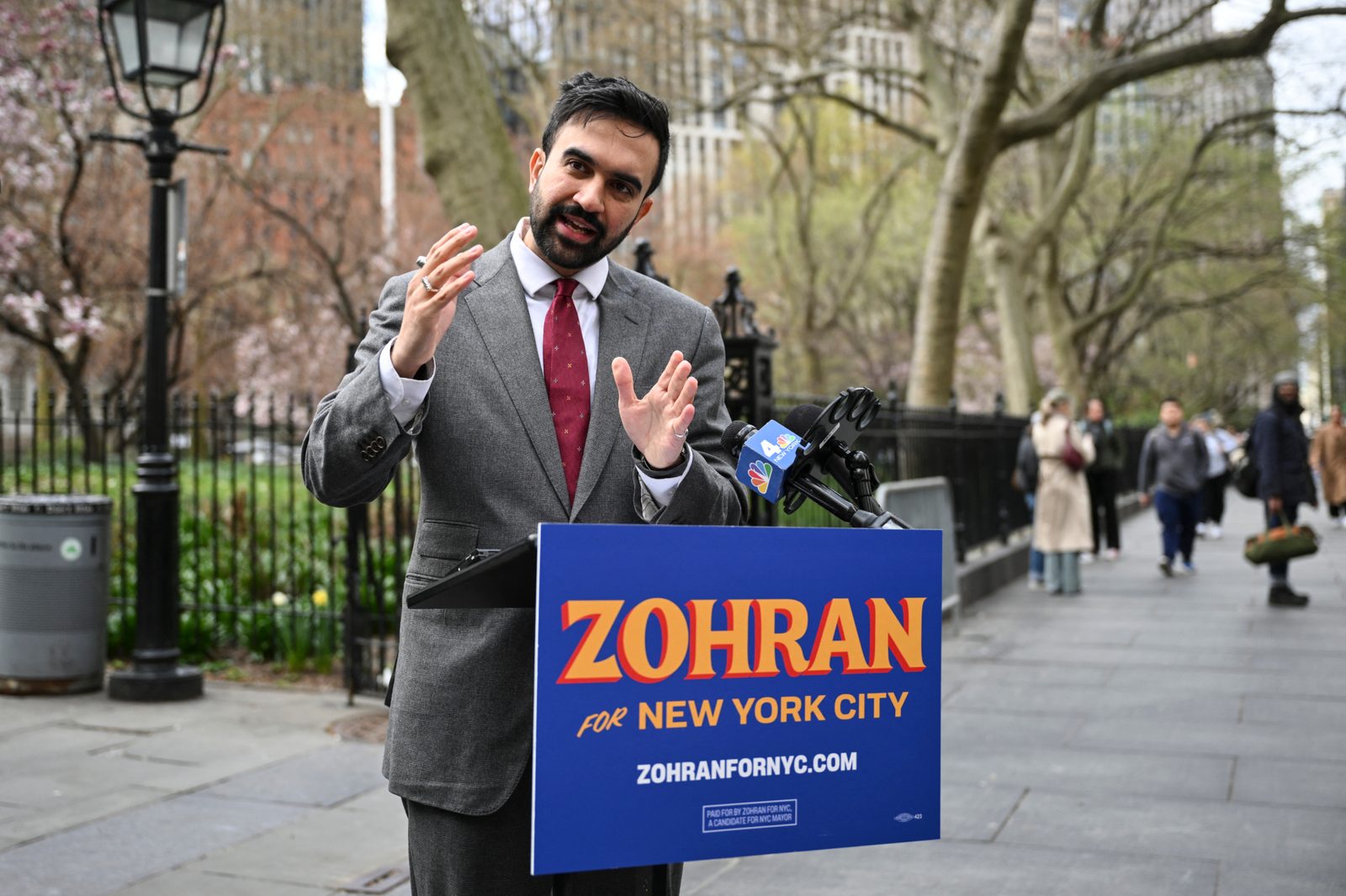On July 15, 2022, the new “988” phone number went live. It aims to be a resource for people experiencing a mental health crisis and an alternative to the police response which would typically be triggered by a 911 call. Calls are answered by a trained counselor who can offer support, connect people with local resources, and call 911 if necessary.
It is part of a national movement to unbundle policing.
Currently, policing encompasses far more than the core function of preventing, detecting, and investigating crime. We also want officers to teach kids not to do drugs, babysit child custody exchanges, keep the peace during evictions, deal with homeless individuals,and solve mental health crises. It’s a tall order.
One could argue that it makes sense for police to perform some of these non-core activities, but police intervention in mental health crises has proven dangerous for officers and the person in crisis.
A Salt Lake Tribune data set shows that over the last decade, 95 of the 226 people Utah police shot at were experiencing a mental health crisis. More than half were ultimately killed by police or killed themselves. And the mentally ill aren’t the only ones at risk: In 2021, forty Utah police officers were assaulted while handling a person with mental illness.
Several US cities have attempted to address the problem by creating crisis intervention teams (CITs). In Denver, mental health clinicians are paired with paramedics to respond to low-risk calls like trespass, welfare checks, and some mental health crises. In Portland, specially trained officers and mental health clinicians respond to calls. The Memphis CIT, one of the first in the country, provides specialized training to a cadre of volunteer officers and schedules officers to ensure they are on duty, 24/7.
Closer to home, American Fork hired a social worker earlier this year to respond with officers to mental health crises and to proactively identify people who need mental health services. This model may be replicated in other Utah cities as Representative Andrew Stoddard is sponsoring legislation for 2023 to fund a pilot program pairing social workers with police when responding to mental health crises.
Crisis Intervention Teams won’t solve everything: 66 percent of the people in crisis who Utah police shot at had a gun. In those cases, the need to protect community members, officers, and responding mental health professionals may still lead to violence. And no amount of specialized training will enable imperfect humans to make the right call in every high-stress, low-information, rapidly-evolving situation. However, having mental health professionals on scene may help diffuse situations before the need for violence arises. The CIT model has proven effective at improving officer knowledge, identifying mental illness, increasing transportation for emergency treatment, and reducing the use of force. In our efforts to more effectively and compassionately address mental illness, it would be foolish to ignore this potentially powerful tool.





